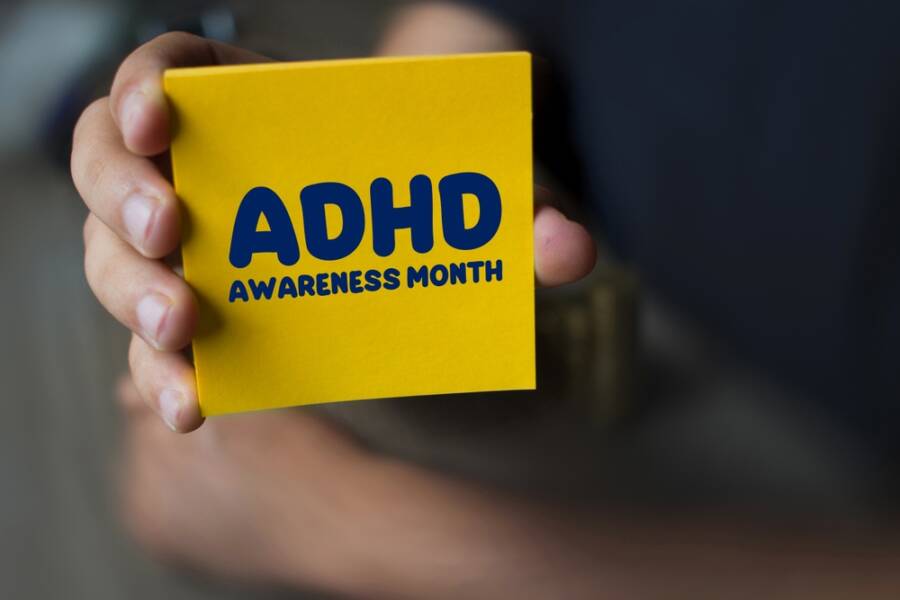Is emotional maturity a trait of yours?
When you think about maturity, you might say, “I am mature enough. My life is all set. What now?” But emotional maturity is not about age, financial success, or social status. Rather, it is defined by how you respond to life’s inevitable ups and downs.
To call yourself an emotionally mature person, you should have the ability to navigate complex emotions, relationships, and responsibilities with grace, awareness, and integrity. You might believe that you are able to do all of these, but is this really the truth?
A person with emotional maturity demonstrates resilience, empathy, and self-control. You know very well that you are not perfect, but at the same time, you are reflective, accountable, and eager to learn more about the world around you.
At this point, developing emotional maturity is more than a personal strength. It’s a necessity for building healthy relationships and maintaining mental well-being. Here are some psychological signs of emotional maturity that go beyond superficial traits and reveal some of the deepest things about you.

You stay calm under pressure
Let’s say that you need to deal with a stressful situation. Staying composed during this time is a clear marker of emotional maturity. After all, life is unpredictable, and pressure is inevitable. Something somewhere is going to happen, and many times we are not prepared for it. This is totally normal, but the way you react is what makes you different and helps you go forward.
How you respond under stress says a lot about your inner stability. An emotionally mature person doesn’t panic, lash out, or shut down when things get intense. Instead, you pause, take a deep breath, and then think about how you can approach this situation better.
One very important factor in this whole equation is that you don’t ignore your emotions. Yes, maybe this will sound like too much, but it isn’t. Managing your emotions effectively is a big step. Calmness allows better decision-making and reduces the chance of saying or doing something you’ll later regret.
In simpler words, emotional maturity is being able to say, “This is difficult, but I can handle it!”
External validation is not your cup of tea
Emotional maturity can be tricky, but one of the secrets is that you need to be grounded in self-worth. Not needing constant reassurance or attention to feel good about yourself is a big thing!
If instead of chasing likes, compliments, or praise, you find confidence in who you are and what you stand for, you are on the right path. But this doesn’t mean that emotionally mature individuals will not appreciate positive feedback. It just means they are not dependent on it. They are aware of their value, and they don’t need external validation.
Just imagine being so sure about yourself and your power. This is great and incredibly rewarding. When you stop looking for validation from others, you become more stable, more independent, and far less reactive.
You are the one making the decisions, and you can follow your values without ever feeling bad about them. Who’s watching or what others might say is not important for you. This emotional independence is powerful. It frees you from comparison and helps you focus on what truly matters. Emotional maturity is when you can say, “I’m proud of myself,” and mean it.
You’re not blaming others
One of the strongest signs of emotional maturity is the ability to take full responsibility for your actions, especially when things go wrong. Once you are mature enough, you realize that pointing fingers or blaming others is just a waste of time with no real resolution. Why would you do that? How is passing the blame ever going to help anyone?
If you are able to admit your mistakes, even when it’s uncomfortable, and look for ways to correct them, then it is clever that emotional maturity is one of your strongest traits. When your mindset isn’t about guilt or shame, then you can be sure that what you’re doing is right.
This behavior shows you have the emotional strength to be honest with yourself rather than hide behind excuses. When you blame others if things go wrong, you are simply delaying your growth. As soon as you realize that this is not constructive at all, then is the time you become more emotionally mature.
In both personal and professional relationships, taking ownership builds trust and credibility. It also makes problem-solving more effective. Instead of being defensive or reactive, you stay focused on solutions. This is what we all should do.
You can say no without feeling guilty
Saying “no” is not a weakness. It’s all about boundaries. Emotionally mature people understand that constantly saying “yes” to please others often leads to burnout, resentment, and poor self-respect.
When you are able to say no, you are able to protect your time, energy, and emotional well-being. But even more important is when you are able to say it without guilt and without being rude.
Being able to move on without justifying your decision is a big thing, and even more important is when you realize that your boundaries are not some walls that are meant to keep people away. They are just like some guidelines that keep all of you comfortable in your relationship, no matter the nature of it.
Recognizing your limits and knowing when to tell people that you’ve had enough is a huge sign of emotional maturity. It communicates that you value yourself, your peace, and your purpose. And people who truly respect you will respect your boundaries.

You accept setbacks
Emotionally mature individuals know very well that sometimes life does not always go as planned. If you are not crumbling in the face of failure and instead you adjust and move on, then you might be part of this group.
Understanding that setbacks are part of life, not a personal attack or a reason to quit, is a huge thing. Try to sit with your disappointment and feel it. Acknowledge it. Do that and then try to keep going.
Failure is not something that defines you. This is just a part of life, and you should try to learn from it and then move on. Emotionally mature people don’t waste time complaining endlessly or wishing things were different. They adapt. They shift. And most importantly, they grow. Setbacks become setups for stronger comebacks.
Emotional maturity isn’t something you achieve once and never think about again. It’s an ongoing process. You don’t need to be perfect or have all the answers. You just need to be honest with yourself and take responsibility for your actions.
If you see yourself in the traits described here, then you can say for sure that you have a high level of emotional maturity. You are on the right path!
Do you want to read more about this topic? This book might help you: Master Your Emotions: A Practical Guide to Overcome Negativity and Better Manage Your Feelings (Mastery Series)
You should also read more about: “Why Am I Always Falling in Love With the Wrong People?” 4 Psychological Explanations










Leave a Reply